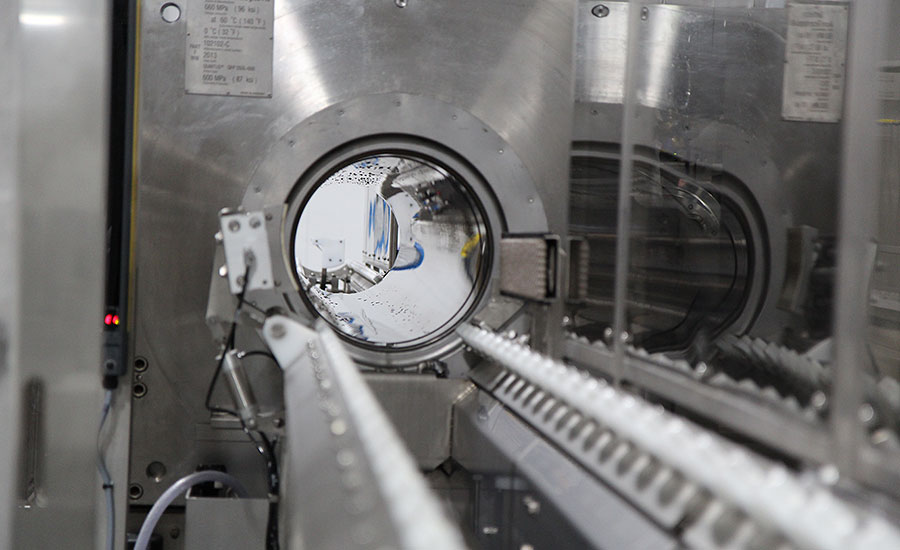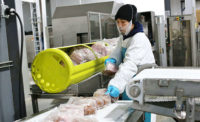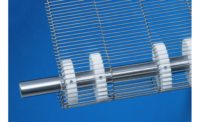We all know that the integrity and security of the food and beverage supply chain is a critical global priority, and it should be. As a father, brother, son, colleague and consumer, I share people’s conviction for the safety and quality of products we consume.
At Universal Pasteurization and Cold Storage, we are proud and privileged to help companies fulfill their commitments to food safety and quality through our four high-pressure processing (HPP) tolling facilities. We are grateful for the role we play, and we are focused on continually improving by investing in our people, facilities, technology and services to support food safety and quality requirements and initiatives in the food and beverage industries.
That said, for any company preparing to leverage the HPP tolling network, we wanted to offer a few “HPP Tips” to consider:
1. Did you know HPP is applicable to refrigerated products that are ready to eat/drink (RTE) or ready to cook (RTC)? Refrigerated RTE/RTC products can certainly be frozen after the HPP process, but consider first that many of today’s consumers like refrigerated products because they are perceived as healthier. Here’s a representative list of current HPP product applications: RTE deli meats, RTE/RTC poultry, pork, beef products, seafood, salsa, guacamole, hummus, dips and wet salads, and premium juices.
2. Did you know the type of product packaging is critical to HPP efficiencies? When preparing your products for HPP, make sure you have as little air as possible in your packaging: You obviously don’t want to pay to pasteurize air. Additionally, consider the headspace or air in the package, which can negatively affect the efficiency of a batch of products: You want to make sure your product is packaged so it can fill up the HPP baskets with as little wasted space as possible.
3. Location, location, location. Since HPP is a post-packaging process, product that goes through high-pressure processing is typically in its final retail/foodservice packaging. If your product does not require further processing, having an HPP tolling facility close to a distribution center further maximizes the extended shelf-life benefit of HPP because of supply-chain efficiencies. For products that need to be further processed as a component in your ultimate finished product, having an HPP tolling facility close to your production facility may make more sense.
The HPP industry has positioned itself as a critical tool for food safety and quality, while also supporting the clean-label movement. Additionally, HPP can extend shelf life for products, helping make safe and quality products accessible to more consumers, while also having bottom-line benefits for companies.
HPP is here to stay. As the largest HPP toller in the nation, Universal Pasteurization and Cold Storage is proud to serve food and beverage companies. NP





Report Abusive Comment